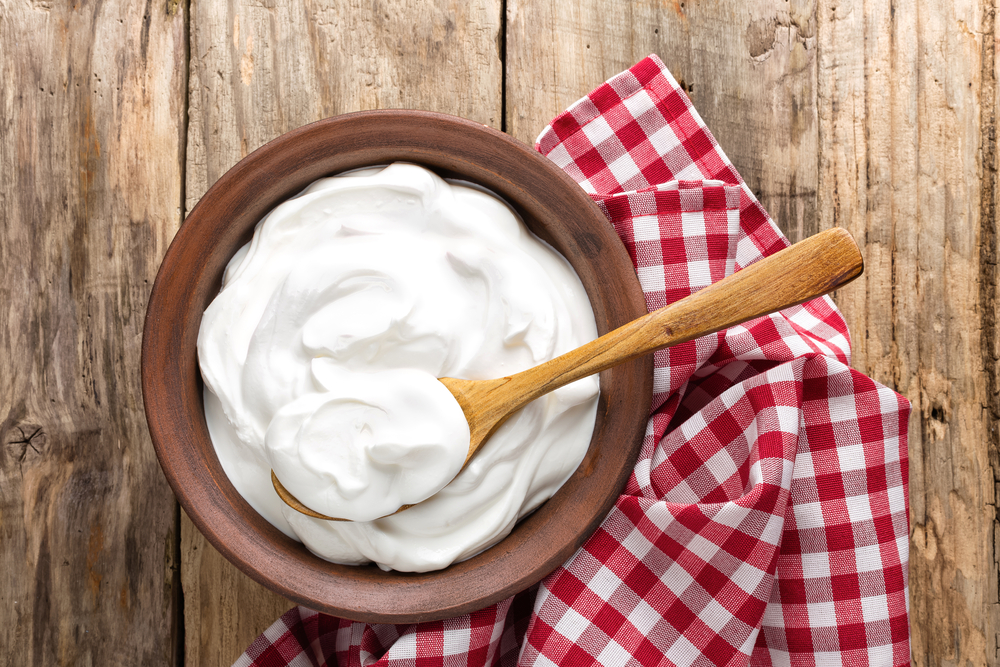Effective Dietary Strategies to Manage Crohn’s Disease
Discover how to effectively manage Crohn’s disease with a tailored diet plan. Learn which foods to avoid, such as fatty, fried, and high-fiber items, and identify nutrient-dense options like eggs, salmon, and ripe fruits that support healing. Proper dietary choices can help control symptoms and improve quality of life. Consult with healthcare providers for personalized advice tailored to your condition.
Sponsored

Managing Crohn’s disease involves understanding its symptoms and avoiding trigger foods. The condition causes episodes of intense symptoms that can persist for weeks or even years. Recognizing the signs — such as chronic diarrhea, unexplained weight loss, fever, abdominal pain, heaviness, and rectal bleeding — is crucial for effective management. In severe cases, inflammation and scarring can lead to complications like bowel obstruction, perforation, and intense pain, which may pose life-threatening risks. A tailored diet plays a vital role in controlling symptoms and promoting healing.
Foods that aggravate Crohn’s should be avoided, including alcohol, fatty and fried foods, dairy (especially if lactose intolerant), high-fiber, and raw fruits and vegetables with skins or seeds. Cured meats and hard-to-digest nuts or popcorn can worsen digestive issues. Conversely, incorporating gentle, nutrient-rich foods like almond milk, eggs, oatmeal, salmon, and ripe, easily digestible fruits such as papaya can aid recovery. Consulting a healthcare professional for personalized dietary plans is essential for effective disease management.






